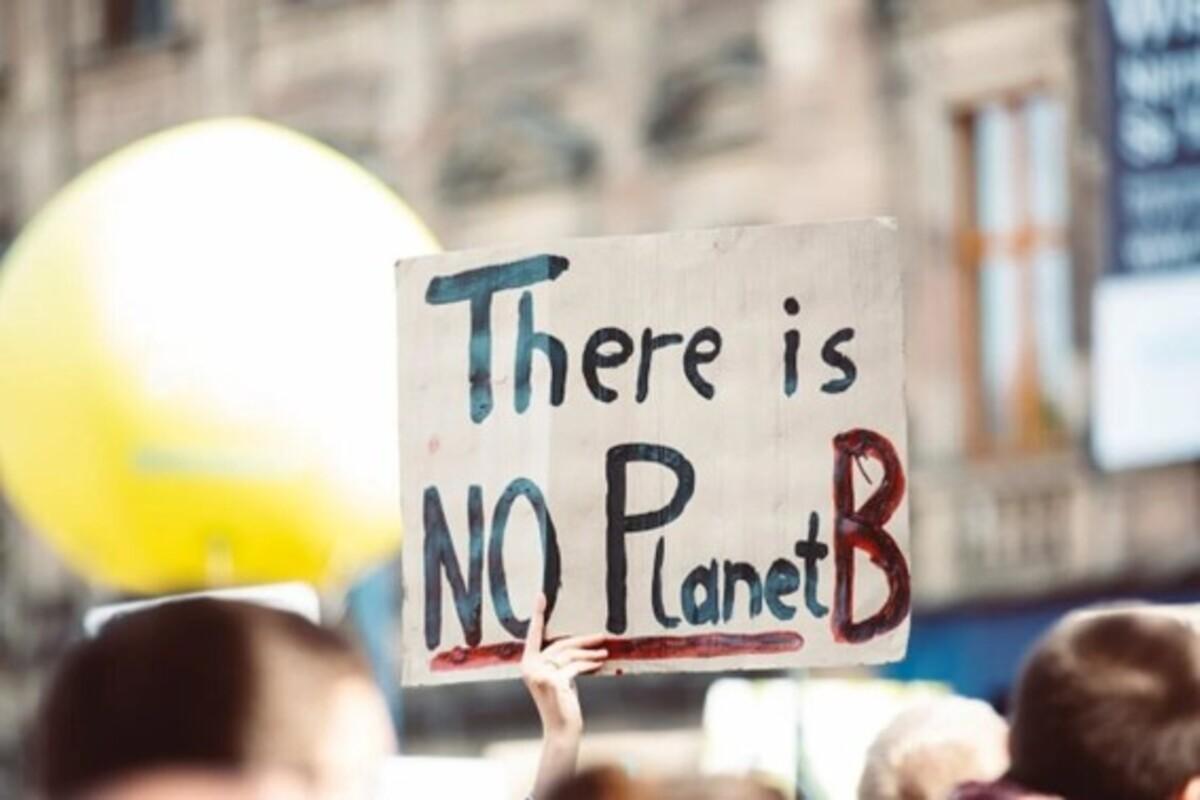
- About UPF-BSM
- Programs
- Faculty and research
- Companies and Organizations
- News & Events
Sport needs to lead the change in the Climate Emergency
5 Mayo - 2023
As far as the climate emergency is concerned “sport has to lead the change, because it is so popular worldwide and due to the great expectations it generates. We have to change its priorities, otherwise big sport events will no longer be possible” in the near future. This was the conclusion drawn by Alberto Carrio, Secretary General and lecturer at UPF Barcelona School of Management, in the seminar “The Sustainability of Sport in the Climate Emergency”, which took place yesterday at the UPF’s Ciutadella Campus.
“Sport is a social and business activity that has an indisputable impact on the environment”, argued Carrio initially. “Nowadays, we enjoy lots of activities outdoors but we didn’t expect events such as the recent floods, which are a terrible situation for everybody, because they happen everywhere, including Catalonia. But is this really a new thing?”, he wondered.
“A few years ago, high temperatures, over 30º C, disrupted the 2014 Australian Open. It was impossible to play tennis at such temperatures. The same thing happened at the 2018 US Open in New York, where they penalized player Alizé Cornet for briefly removing her shirt”, he added.
Later, in 2019, many races were cancelled in the Northern hemisphere, the Rugby World Cup in Japan was disrupted by typhoons, and the Doha World Athletics Championships were held in temperatures of around 38º C. In 2020, smoke from bushfires reached tennis courts during the Australian Open and, in 2021, tropical storms wreaked havoc in Japan during the Tokyo Olympic Games. “Is it possible to host this kind of events under such conditions? Should we, perhaps, try to predict the future?”, asked Alberto Carrio.
The situation is no better for winter sports either. Just consider the environmental impact of laying artificial snow in locations that, just a few years ago, were completely covered naturally. Milan-Cortina 2026 is supposed to be the first sustainable Winter Olympics, but the problems are far from resolved, as proved the fact that the 2030 Barcelona-Pyrenees candidacy was strongly contested by the local population due to the event’s expected impact on natural areas.
As for the most popular sport on the planet, football, the game’s engagement with climate change was initiated by the German organizers of the 2006 World Cup, but their investment of half a million euros in energy and water saving technologies proved to be a huge underestimate. In later editions, FIFA paid to offset emissions from the 2010 and 2014 tournaments, and incorporated environmental criteria into the bidding rounds for the 2018 and 2022 World Cups. In fact, the Qatar World Cup promised to be carbon neutral, but this was far from the case in reality: its estimated emissions, between 3.8 and 9.6 MT, apparently set a new world record.
International efforts to apply systematic thinking and political urgency to the problem include the UN Sport for Climate Action Framework, which requires organizations to take systematic measures to reduce their carbon emissions and reach climate neutrality by the year 2050. Unfortunately, this framework has no targets, no control mechanisms and, most importantly, an inadequate sense of urgency. For instance, in Europe, the DFB and the English FA have joined the network, but neither the Bundesliga nor the Premier League have signed up. In Spain, La Liga has joined, but not the Spanish Football Federation.
“It is not enough to promise you’re going to be clear: you actually have to be clear”, concluded Alberto Carrio, who suggested sanctions as a potential way forwards (with the money raised from penalties reinvested in sustainability). “The problem is we’re running out of time and we have to take big steps”, he added.